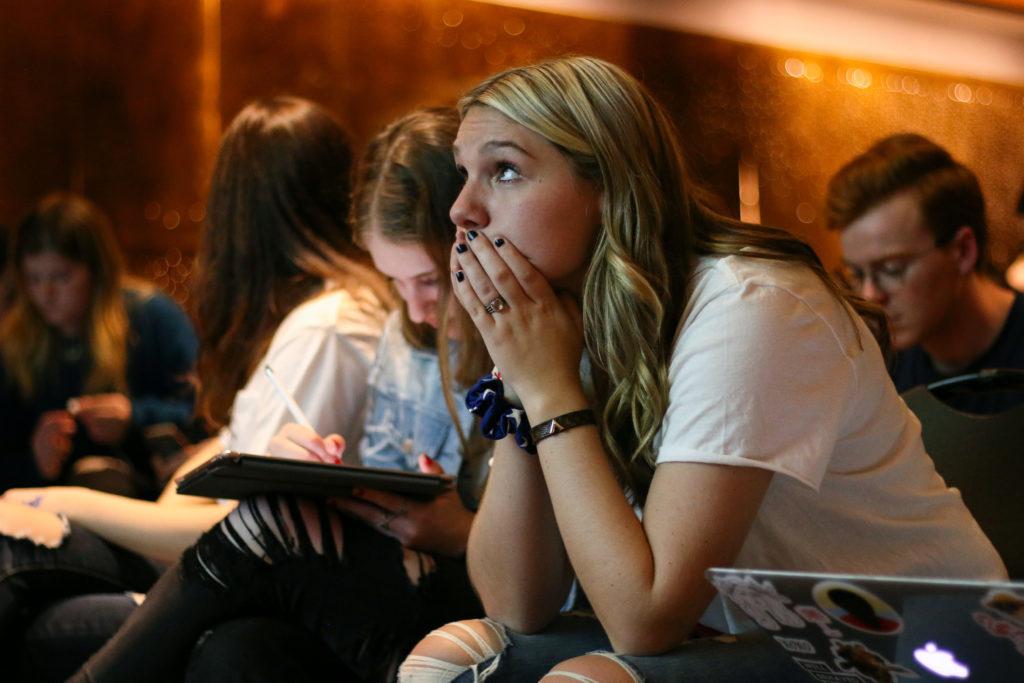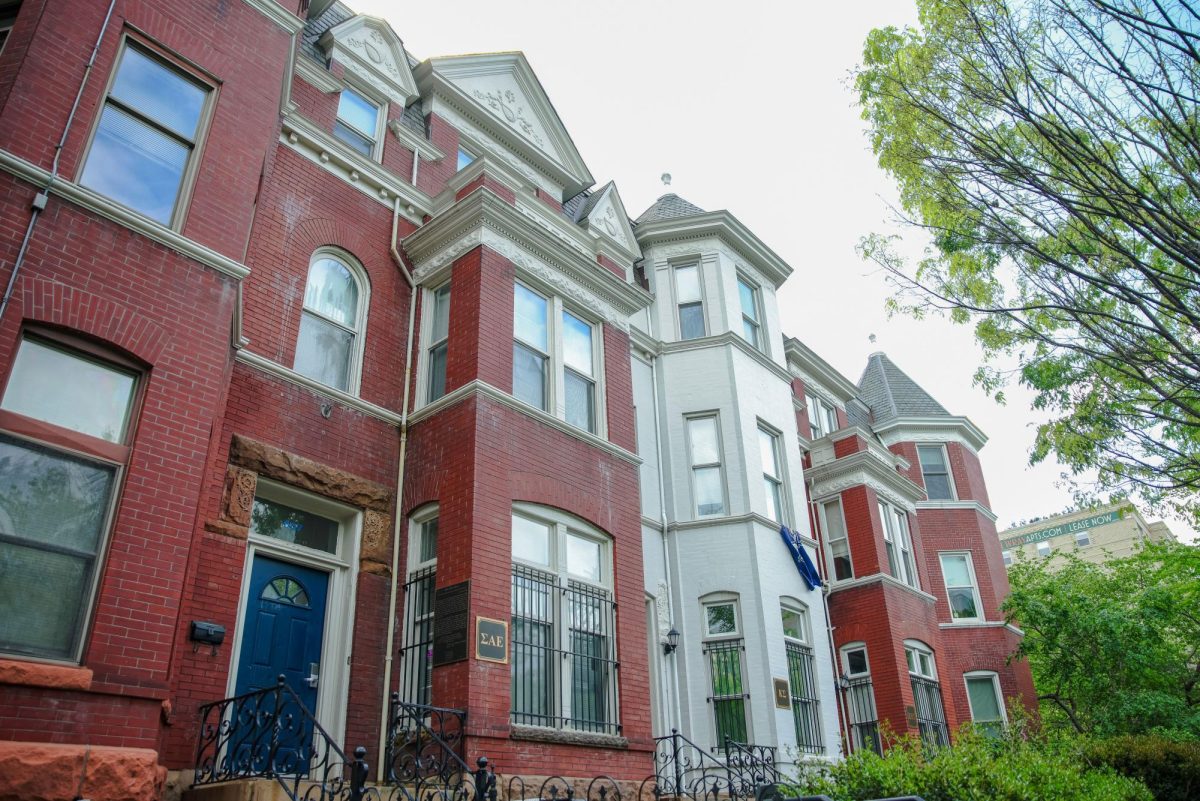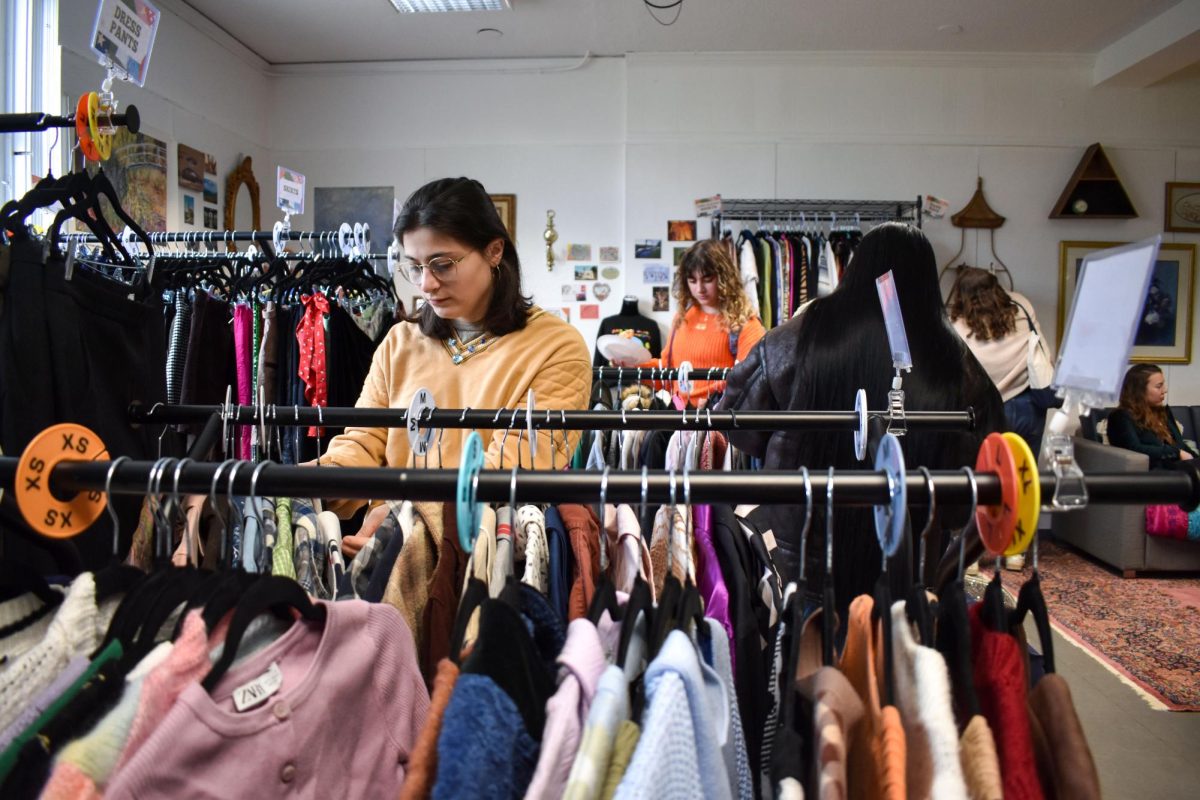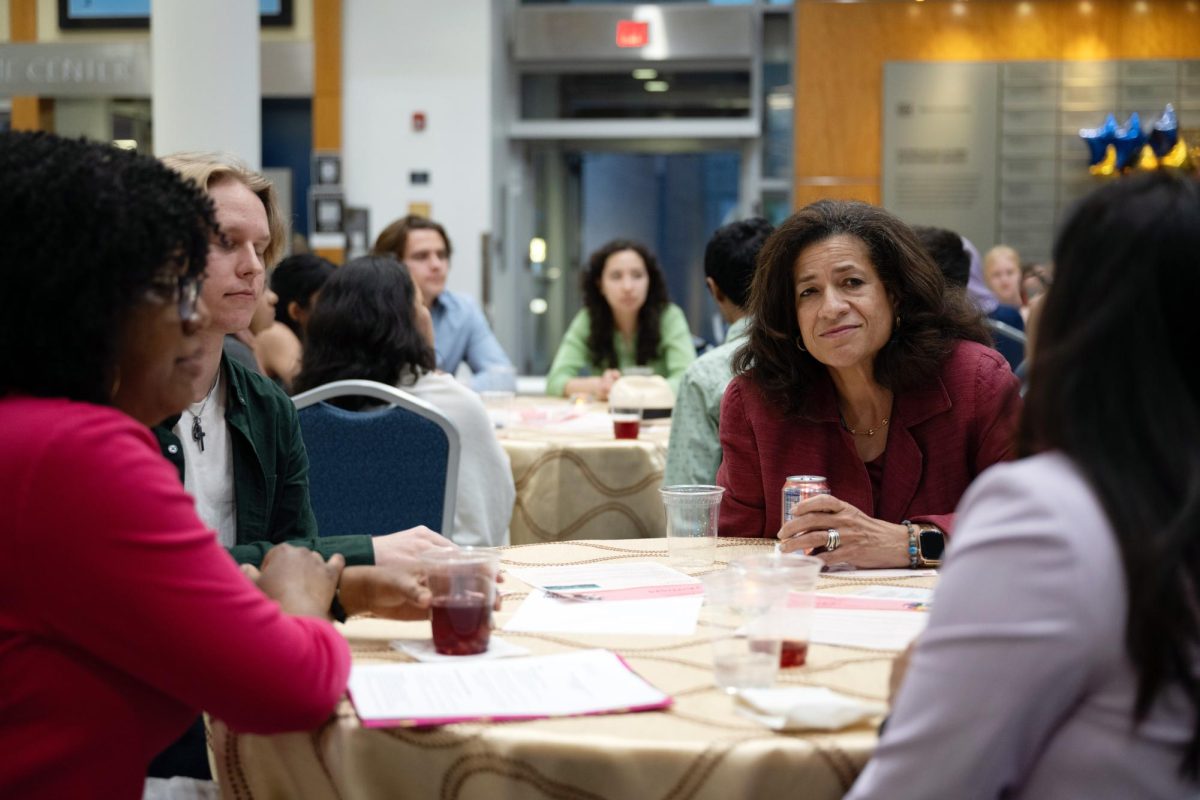Civic engagement groups on campus are searching for ways to stay active and vocal despite setbacks brought on by the COVID-19 pandemic.
As Election Day nears and calls for racial justice across the nation and in D.C. grow louder, student organizations are continuing to rally members through online events to stay involved and fight for change while observing social distancing protocols. Student activists and leaders with groups like GW College Democrats and GW College Republicans said members have adjusted to the pandemic, pressed leaders for change and built up momentum heading into Election Day.
College Democrats President Louie Kahn said he’s encouraged members to phone bank in their states and push Democratic presidential nominee Joe Biden and several Congressional candidates to victory on Election Day, planning five phone banks a week for candidates in November’s election.
He said members dedicate Tuesday nights to phone bank for Biden and divide time throughout the week to advocate for candidates that could tip the balance of power in the U.S. Senate, like Mark Kelly in Arizona, Cal Cunningham, a former North Carolina state senator who is now running for the U.S. Senate, and Sara Gideon in Maine.
“We are six weeks out from the most important election in modern American history and probably the most important election of our lifetimes,” Kahn said. “Now is not the time to remain on the sidelines. Now is the time to get involved.”
Junior Patrick Burland, the director of public relations for College Republicans, said members have continued programming online, organizing a “mock convention platform event” and hosting talks with California Congressional hopeful Young Kim and House Minority Leader Kevin McCarthy, R-Calif., via Zoom. The group also led a virtual training with the Republican National Committee and connected students with political internships and campaigns.
As the group prepares for the rest of the online semester, Burland said members have spent the year posting blogs that discuss several politically-charged issues like police brutality, environmentalism and the filibuster on the group’s website. Burland said those blogs have kept members active, but he still remains focused on reviving the lost sense of community.
“The biggest challenge has been bringing the D.C. community and aspect to our members, especially the new ones, but through a variety of online venues we’ve been able to keep our members engaged,” he said.
Sophomore Sydney McArthur, the co-leader of Students for Indigenous and Native American Rights, said recruiting new members has been challenging, “especially when you’re a minority on campus.” No longer able to gather in large groups on campus, McArthur said SINAR has used its Instagram to engage with students and advertise movie screenings.
“It is definitely hard – it’s a lot of social media tactics like what we post, who we follow, how we can get connected, and we do appreciate a lot of reposts – that’s how we get a lot of attention sometimes,” McArthur said. “So a lot of it has been through social media, strategic work and also hopefully throughout emails.”
McArthur said SINAR members have focused on the Black Lives Matter movement in recent months to show “solidarity and intersectionality of indigenous sovereignty and Black liberation.”
SINAR partnered with several other student organizations on campus, like the Black Student Union and Persist GW, this summer to launch the Reconsider The Names campaign, which calls for officials to reconsider the names of six campus buildings named after controversial figures from history as well as the Colonials moniker.
“We want to decolonize and really eliminate any history that has been offensive to our people and has been destructive to our rights,” McArthur said. “That’s what we’ve been doing throughout the pandemic.”
McArthur said she plans to use the fall months ahead to raise awareness about issues facing Indigenous and Native American communities, like the disproportionate amount of violence and murder Indigenous women face relative to the rest of the country.
“We do plan to do a lot of information regarding missing and murdered Indigenous women, the environmental aspect of activism especially what’s going on in the Amazon forests with those tribes, and we also wanted to do some events that collaborate with other organizations to emphasize the importance of intersectionality and just being stronger together,” she said.
Senior Matthew Oberstaedt, the leader of the GW chapter of Students for D.C. Statehood, said the COVID-19 pandemic has made it more difficult to organize events that would otherwise be in person, like “lobby days” on Capitol Hill. Now, lobby days are virtual, he said, and members of the organization joined other chapters and congressional staffers at an event called the 51 for 51 Youth Advocacy Day Thursday.
Following the House of Representatives’ vote for D.C. statehood this summer, Oberstaedt said he is encouraging members to write letters, send emails and call their representatives to persuade senators to take up the bill and vote Yea.
Oberstaedt added that the COVID-19 pandemic has offered up new opportunities for the 50-member group, as students have engaged with chapters from across the country to discuss the connection between statehood and racial justice and the similarities between the D.C. and Puerto Rican statehood movements. The organization hosted a speaker event with a Puerto Rican native last week, he said.
“I think online culture actually makes it easier for people from around the country to connect, and I hope we’re able to continue some of these things after the pandemic ends,” he said.
Jarrod Wardwell contributed reporting.










